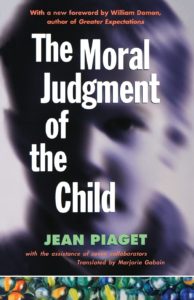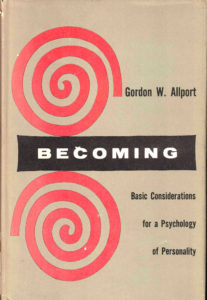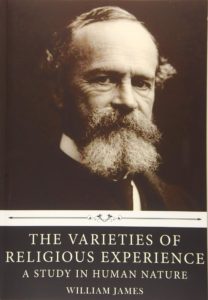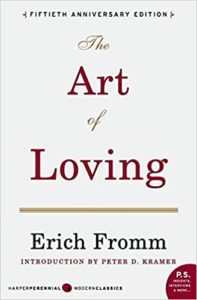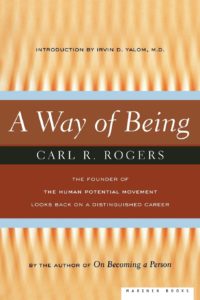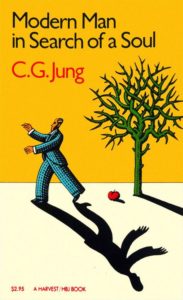What is the Psyche?
Often in the course of my therapeutic work, I will ask open-ended questions to discern what philosophical worldview comprises the outlook of those I am working with. To begin to answer ‘what psychology is?’, we must start with our own conceptualization of reality.
Although the mainstream approach to psychology has shifted increasingly towards a neurobiological understanding (aka ‘a hard science’ away from philosophy or theology) in which the sum total functioning of our experiences are based in either observable behaviors, neuronal fluctuations or environmental patterns, there is a wider conversation to be had.
For example, Indigenous Psychology is a movement spurred from Native American psychologists which calls for the reorientation of spirituality, communal functioning, ethical responsbility and environmental consciousness as part of our ‘healthcare’. Similar appraisals have been noted by African, Hindu, Buddhist, Islamic, Christian and various other researchers/practitioners who contend that a Psychology solely based on western or secular assumptions of truth disfavors a huge proportion of our world’s populations (whom statistically are either religious and/or spiritual).
I have seen this for myself in over 500 clinical interactions with children, teenagers and young people across a wide array of backgrounds. Often I will have to substitute technical jargon to better account for suffering and existential concerns. Let’s provide an example, ‘Robert took his own life due to untreated depression, dopamine and serotonin depletions in his brain and a lack of coping procedures to siphon off the biochemical threshold which already placed him as being at-risk due to his poor physical health, low SES, racial/ethnic category, history of illness in the family and environmental rigidity.’
Our ‘mental health system’ is a common taxonomy we have created to understand abnormal worldviews, behavioral arbitrations and personality profiles which do not easily amalgamate in society. Yet on the other end, it must be questioned whether this is more semantics than is objective reality. Does Robert ‘having’ depression give us any better indication of what was happening when he took his own life, than if that information was left out (or more so; reformatted using spiritual language)?


